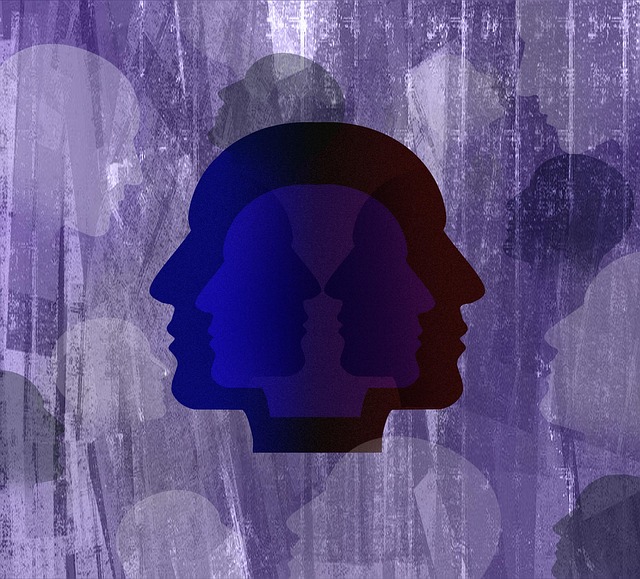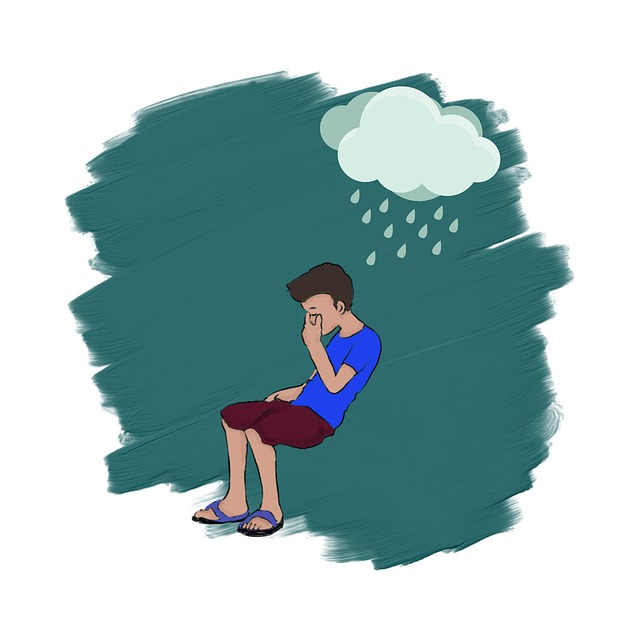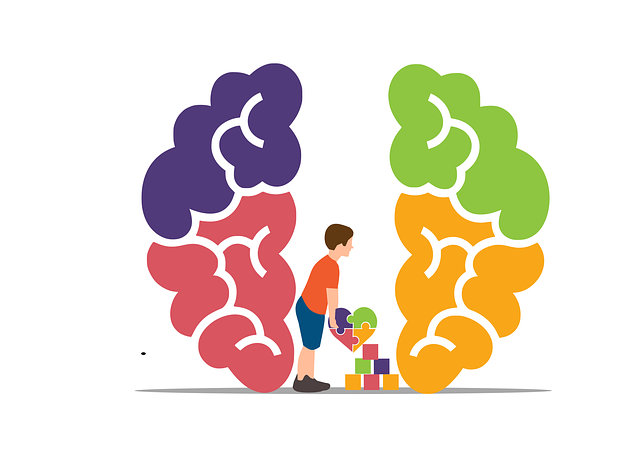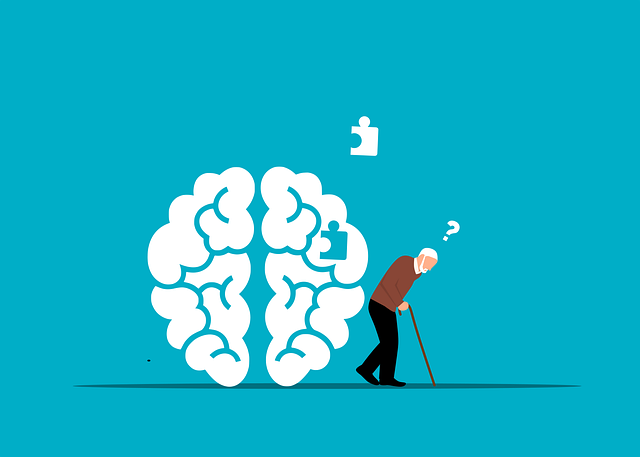Northglenn Grief Counseling Therapy provides 24/7 crisis hotline support for mental health emergencies, offering guidance on suicide prevention, depression, anxiety, trauma, and more. Trained professionals use active listening and empathy to stabilize individuals through evidence-based therapeutic approaches. They help clients develop coping mechanisms, enhance positive thinking, and cultivate resilience, focusing on personalized care and self-care practices. Accessible via phone or online, this service challenges mental health stigma by offering non-judgmental spaces, empowering individuals to proactively manage their emotional well-being.
Mental health crisis hotline support services play a pivotal role in assisting individuals navigating turbulent times. In this article, we explore the significance of understanding mental health crises and the specialized role of Northglenn Grief Counseling Therapy. We delve into accessible support services, offering practical guidance on how to navigate these resources. Additionally, we address stigma surrounding mental health issues and encourage help-seeking behaviors, highlighting the transformative potential of timely intervention, such as that provided by Northglenn Grief Counseling Therapy.
- Understanding Mental Health Crisis Hotlines
- The Role of Northglenn Grief Counseling Therapy
- Accessing and Utilizing Support Services
- Overcoming Stigma and Encouraging Help-Seeking Behavior
Understanding Mental Health Crisis Hotlines

Mental Health Crisis Hotlines serve as vital links in the safety net supporting individuals experiencing severe emotional distress or a mental health crisis. These 24/7 services provide immediate crisis intervention guidance and support, offering a confidential space for those struggling with thoughts of suicide, severe depression, anxiety, trauma, or other psychological challenges. Trained professionals on these hotlines employ techniques such as active listening, empathy, and emotional intelligence to stabilize individuals in acute distress.
Services like Northglenn Grief Counseling Therapy exemplify the importance of accessible mental health support. By offering crisis hotline support, they ensure that residents in need can receive immediate assistance without the barrier of scheduling or financial constraints. This proactive approach to mental health policy analysis and advocacy reflects a growing recognition of the role community resources play in fostering overall well-being.
The Role of Northglenn Grief Counseling Therapy

Northglenn Grief Counseling Therapy plays a pivotal role in supporting individuals and families navigating through profound emotional distress. This specialized service offers a safe space for those grappling with loss, grief, and trauma. Through evidence-based therapeutic approaches, counselors help clients develop coping mechanisms, enhance their positive thinking, and cultivate resilience. The therapy focuses on empowering individuals to understand and manage their emotions effectively while fostering healthy social skills and self-care practices.
By providing individual or group counseling sessions, Northglenn Grief Counseling Therapy facilitates a supportive environment where people can process their grief, explore various aspects of their emotional well-being, and gradually rebuild their lives. This holistic approach ensures that clients receive comprehensive care tailored to their unique needs, fostering healing and personal growth in the midst of crisis.
Accessing and Utilizing Support Services

Accessing support services is a vital step in navigating a mental health crisis. For those seeking guidance in Northglenn, Grief Counseling Therapy offers a safe and supportive space. This specialized therapy focuses on helping individuals process grief and trauma, facilitating emotional healing processes. By engaging with a trained therapist, one can learn effective coping mechanisms and strategies for emotional regulation.
Utilizing these services is simple; individuals can reach out via phone or online platforms, ensuring anonymity if preferred. The initial step often involves a brief assessment to understand the nature of support needed. From there, a personalized plan is developed, addressing specific concerns and goals. Incorporating Self-Care Routine Development for Better Mental Health is a key aspect of this process, empowering individuals to take charge of their well-being.
Overcoming Stigma and Encouraging Help-Seeking Behavior

Overcoming stigma around mental health is a significant barrier to individuals seeking help when they need it most. Many people still associate asking for support with weakness or personal failure, which can prevent them from reaching out for professional assistance. However, breaking this cycle begins with education and fostering an environment of openness and understanding. Services like Northglenn Grief Counseling Therapy play a vital role in challenging these misconceptions by providing accessible resources and non-judgmental spaces for individuals to process their emotions and seek guidance.
Encouraging help-seeking behavior requires promoting self-awareness exercises and emotional regulation techniques that can empower people to manage their mental health proactively. By integrating confidence-boosting practices into therapy, individuals learn to identify signs of distress early on and develop healthier coping mechanisms. This proactive approach not only helps prevent crises but also fosters overall well-being, ensuring that help is always within reach when facing life’s challenges.
Mental health crisis hotline support services play a vital role in assisting individuals during moments of distress. By providing immediate assistance, these hotlines offer a safe space for vulnerable folks to connect with compassionate professionals. As highlighted by the examples of Northglenn Grief Counseling Therapy, specialized counseling services can significantly impact positive outcomes. Overcoming the stigma associated with seeking help is essential; encouraging help-seeking behavior empowers individuals to take control and access the resources they need, ultimately fostering better mental well-being within communities.











